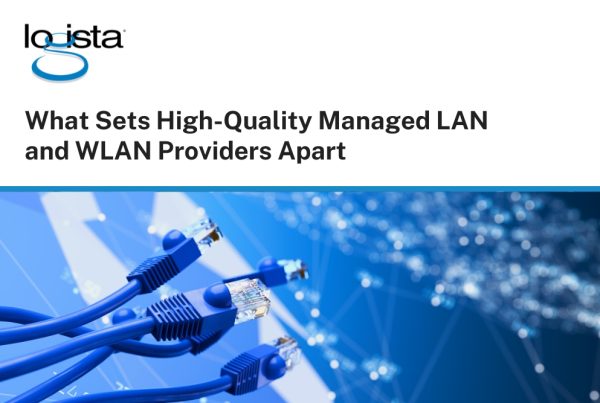Do you have your own internal IT department, but struggle with a lack of expertise in some areas? Maybe you want to implement advanced technology solutions, but the costs and scalability challenges seem daunting. Partnering with a Co-Managed IT Services provider could be the answer, offering a collaborative approach that combines your internal team’s strengths with the specialized expertise and resources of an external IT provider. This strategic partnership not only enhances your IT capabilities but does so in a cost-effective manner, allowing your business to focus more on its core activities without getting bogged down by IT issues.

Here are five key reasons why businesses should consider Co-Managed IT Services.
1. Cost-Effectiveness
One of the most compelling reasons to opt for Co-Managed IT is its cost-effectiveness. By sharing IT responsibilities with an MSP, businesses can optimize their IT budgets. This model allows companies to avoid the substantial costs associated with hiring and training full-time staff, without sacrificing access to top-tier IT support. With Co-Managed IT, businesses pay only for the services they need, allowing them to achieve significant cost savings while still benefiting from enhanced IT capabilities.
2. Access to Specialized Expertise
With technology changing at a rapid, staying ahead requires specialized skills and knowledge. Co-Managed IT Services provide businesses with access to a wealth of expertise that may not be available internally. MSPs bring a diverse range of experience and insights gained from working across various industries, ensuring that IT strategies remain innovative and effective. This access to specialized expertise enables internal teams to focus on their core strengths, while leveraging external knowledge as needed to address complex IT challenges.
3. Scalability
As businesses grow, their IT needs tend to become more complex. Co-Managed IT Services offer the flexibility required to scale resources up or down based on evolving demands. This adaptability eliminates the need for hiring additional staff or investing in new infrastructure, making it easier for businesses to expand their IT capabilities in line with growth. By seamlessly adjusting to changing needs, Co-Managed IT ensures that your IT infrastructure can support expansion with minimal disruption.

4. Enhanced Security
Co-Managed IT providers are equipped with the latest security technologies and best practices to protect organizations from potential breaches. Their proactive approach to monitoring and threat detection helps mitigate risks, providing peace of mind and ensuring compliance with industry regulations.
5. Improved Focus on Core Business Activities
Outsourcing portions of IT to a Co-Managed Services provider allows internal teams to concentrate on their core business objectives. By relieving them from the burden of day-to-day IT management, businesses can refocus their efforts on strategic initiatives and innovation. This shift not only boosts productivity but also strengthens the company’s competitive edge. Ultimately, Co-Managed IT enables businesses to align their IT resources more closely with their overall goals.
Final Words
Incorporating Co-Managed IT Services can be a transformative move for businesses seeking to enhance their IT capabilities while maintaining control and flexibility. By partnering with an MSP, companies can enjoy the benefits of cost savings, access to specialized expertise, scalability, enhanced security, and a sharper focus on core activities. This collaborative approach ensures that IT infrastructure remains robust and responsive, empowering businesses to thrive in an ever-evolving technological landscape.
About Logista Solutions
Logista Solutions is a nationally recognized leader in a broad range of technology management solutions. As one of the largest technology support providers in the U.S., Logista provides innovative and holistic solutions to help companies take control of their IT infrastructure and achieve better business outcomes. Popular services include Managed IT as a Service, VoIP and Unified Communications, Managed Print, Cloud Services and Asset Disposition.



